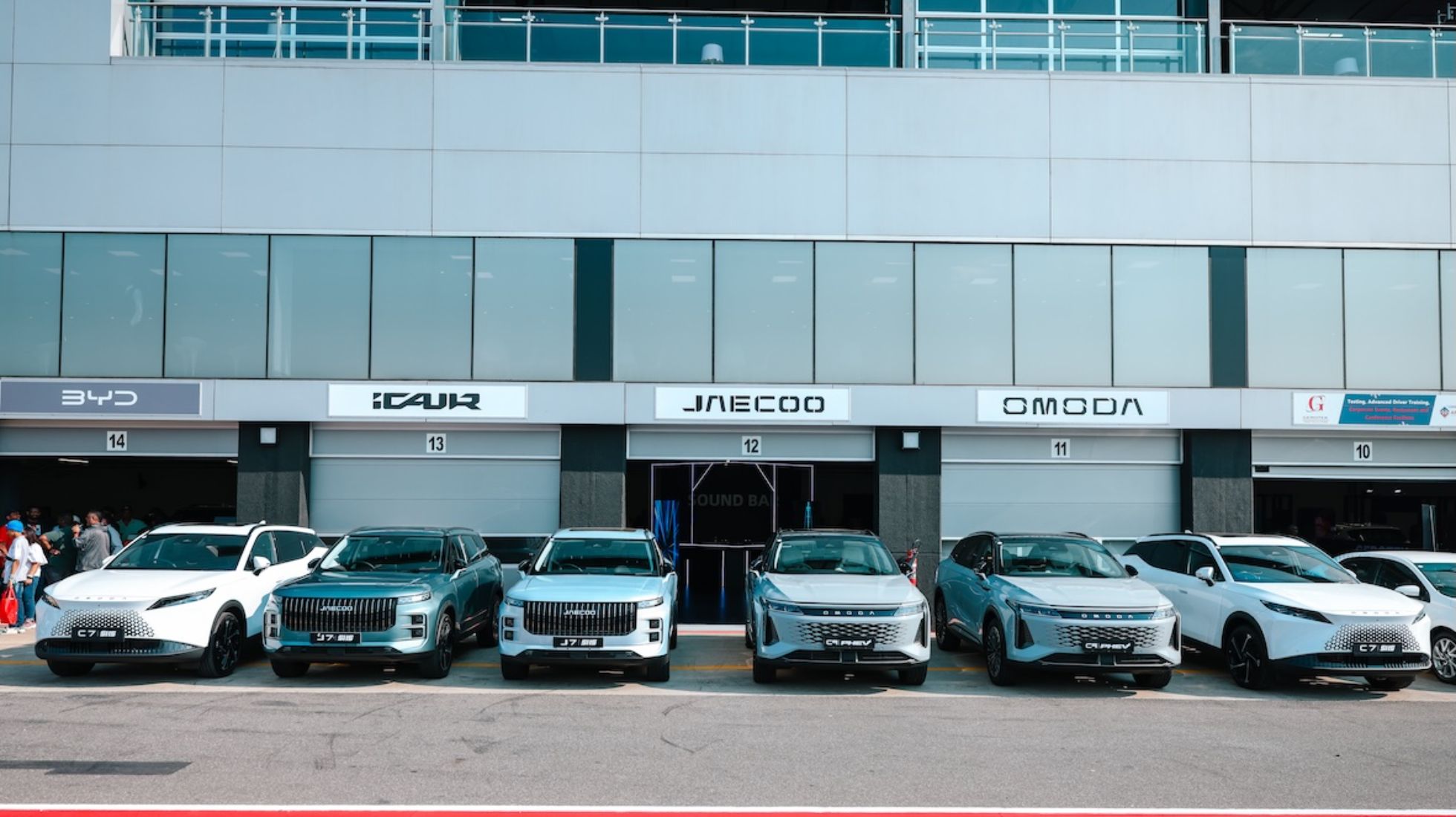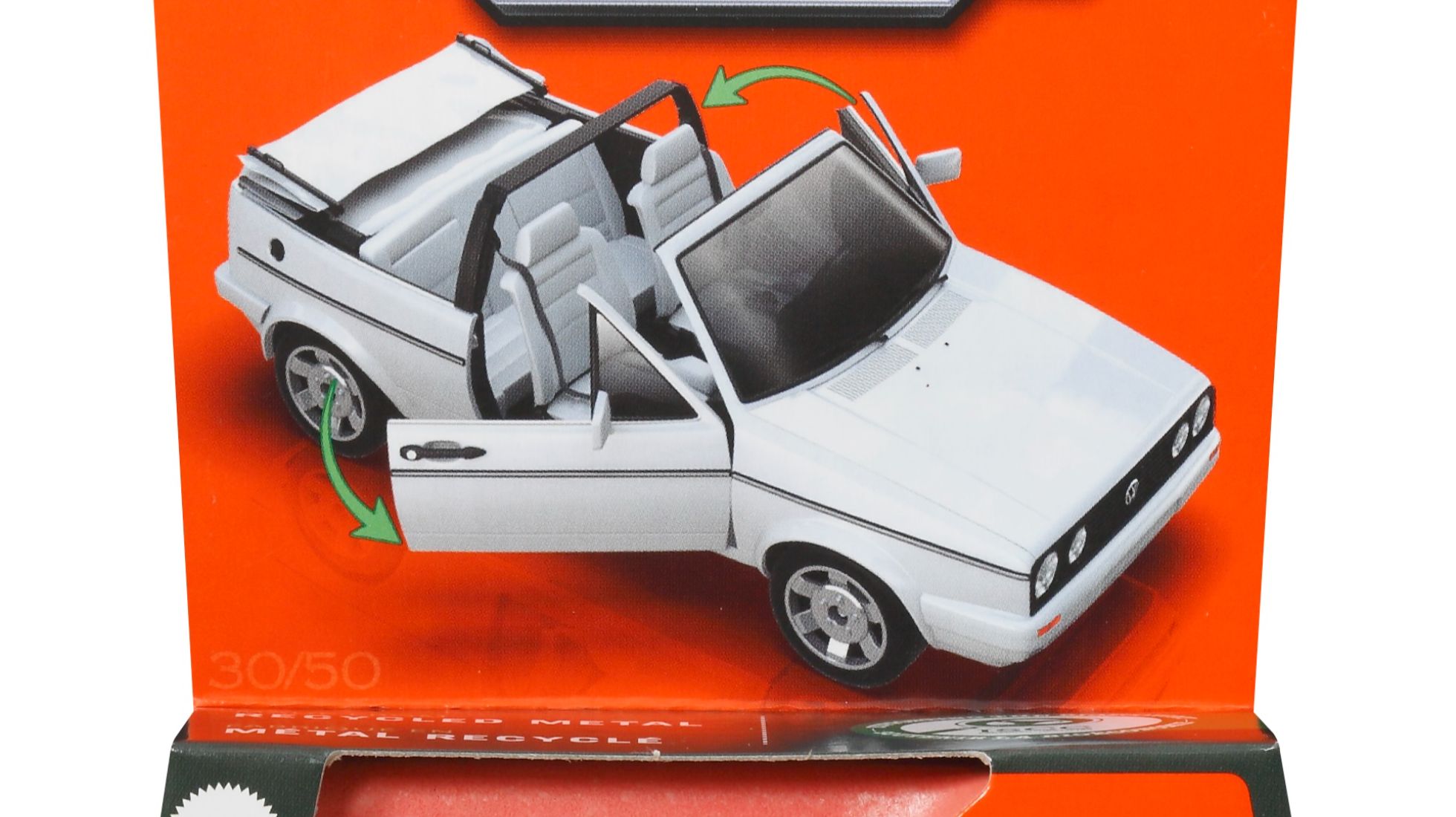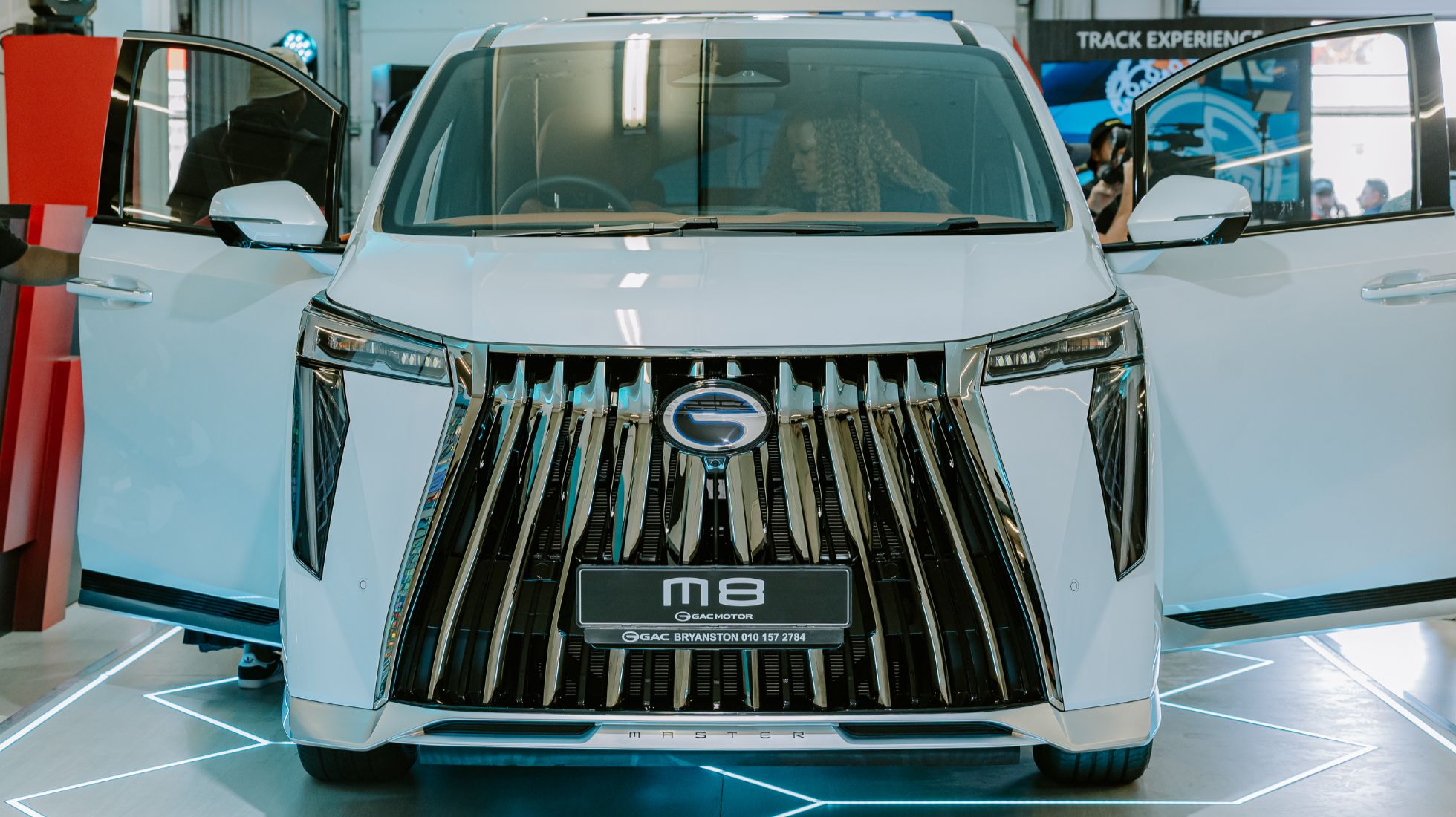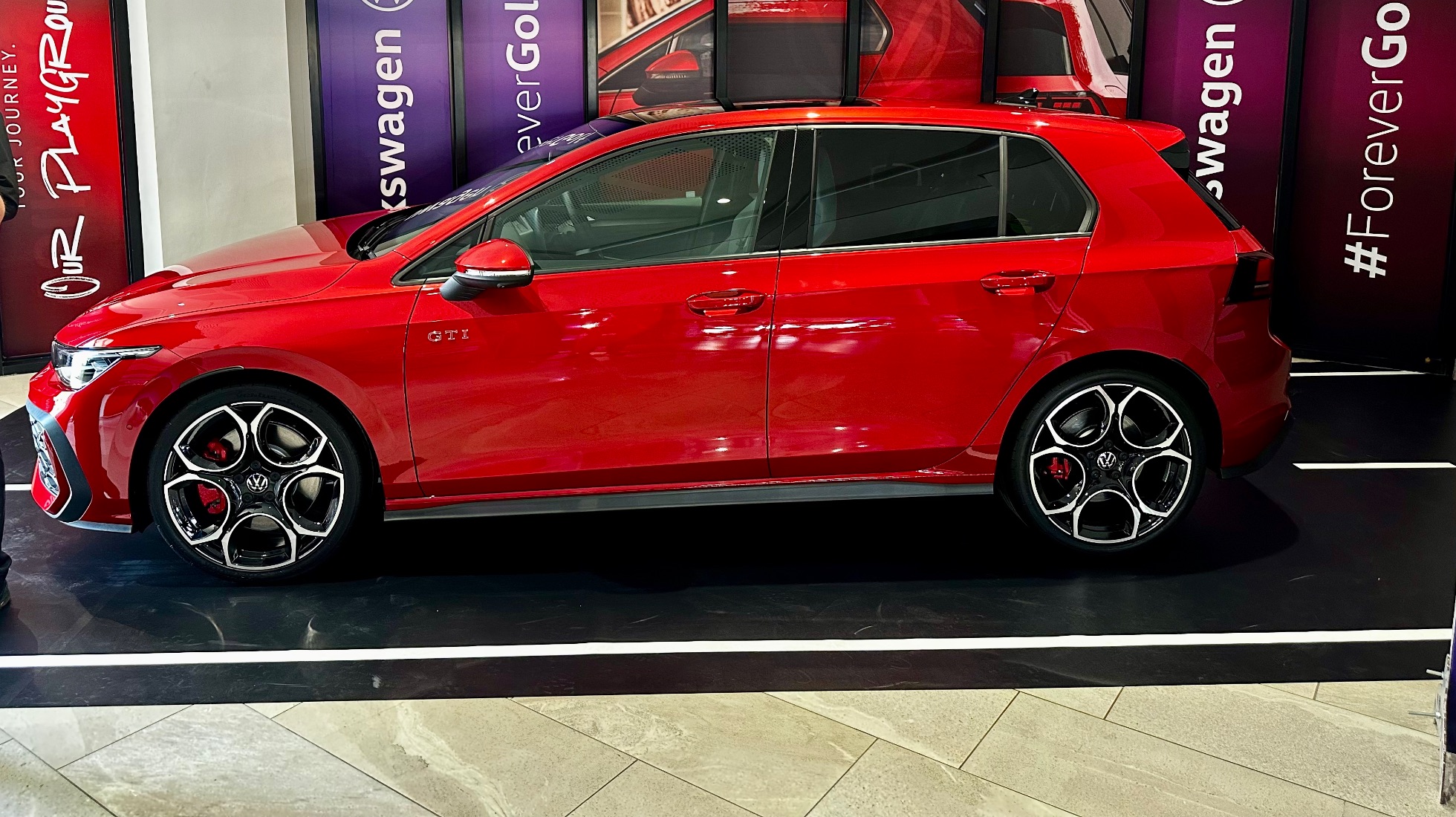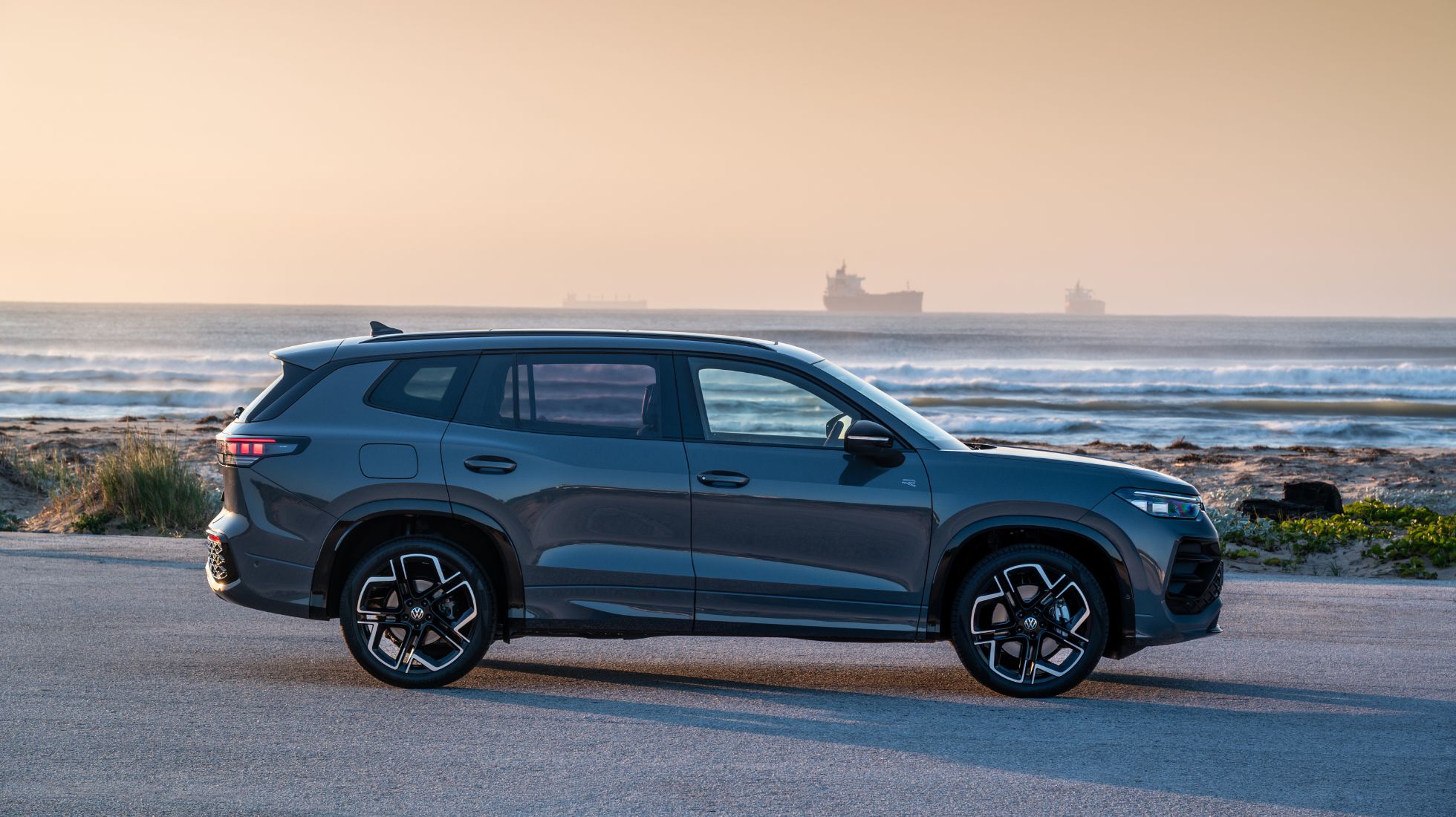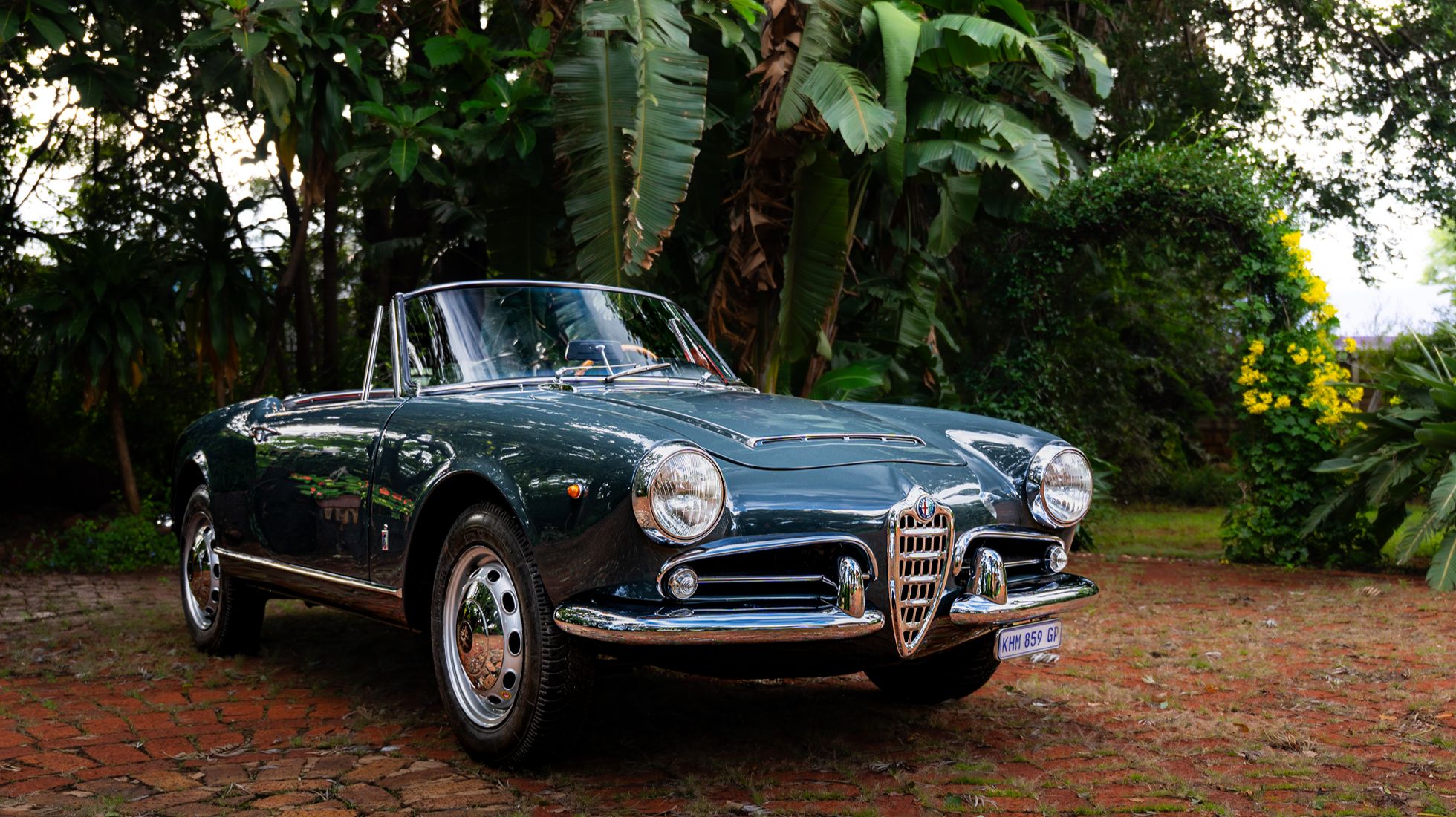Matchbox focuses on sustainability through play
As Zero Waste Week approaches, Matchbox is showing that sustainability can start with something as small as a toy car. Matchbox, a well-known name in die-cast toy cars for over 70 years, has a vision to produce all its toys and packaging from 100% recycled, recyclable, or bio-based plastics by 2030.
While it’s still a few years before Matchbox hits its sustainability goal, the brand is already making an impact. As part of Matchbox’s no-waste initiative, it's using something as simple as a toy car to help kids understand bigger ideas like greener living and the future of transport.
Zero Waste Week is a global campaign focused on reducing landfill waste and promoting sustainability and takes place during the first week of September. In this case, it acts as a timely reminder of how even small things can make a big difference. Yes, the world is changing fast. You would know by now that climate change is an ongoing threat, with concepts such as smart cities, electric cars and sustainable innovation all positioned to offset this. All of these concepts exist to change the way we live and do things, which makes Matchbox’s toys going the eco-friendly route such a novel idea.
In the automotive space, this also gives the next generation a glimpse of what the future of mobility would look like. By teaming up with major global carmakers, the brand is bringing real-world electric and hybrid vehicles to life in miniature form, helping kids understand how the world of transport is evolving. Interestingly, when sustainability becomes part of everyday play, it’s no longer just an abstract idea but also becomes second nature.
In a country like South Africa, where the shift to electric vehicles is still gaining momentum and sustainability is becoming a serious topic of discussion, Matchbox is helping drive awareness from a very young age. By showcasing real-world EVs in miniature form, the brand is giving kids and collectors a chance to engage with the future of mobility early on. It's a small step, but one that supports a much bigger journey towards greener transport, especially in our local context.

%20(1).jpg)

